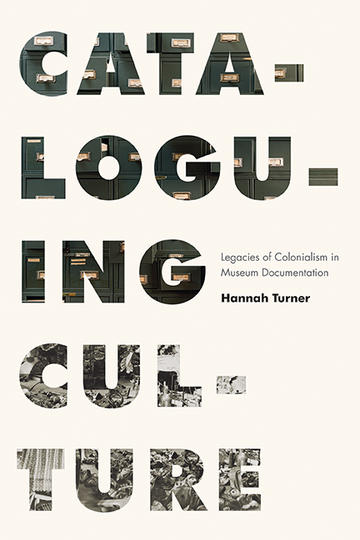About BC Books Online
BC Books Online was created for anyone interested in BC-published books, and with librarians especially in mind. We'd like to make it easy for library staff to learn about books from BC publishers - both new releases and backlist titles - so you can inform your patrons and keep your collections up to date.
Our site features print books and ebooks - both new releases and backlist titles - all of which are available to order through regular trade channels. Browse our subject categories to find books of interest or create and export lists by category to cross-reference with your library's current collection.
A quick tip: When reviewing the "Browse by Category" listings, please note that these are based on standardized BISAC Subject Codes supplied by the books' publishers. You will find additional selections, grouped by theme or region, in our "BC Reading Lists."
How does material culture become data? Why does this matter, and for whom? As the cultures of Indigenous peoples in North America were mined for scientific knowledge, years of organizing, classifying, and cataloguing hardened into accepted categories, naming conventions, and tribal affiliations – much of it wrong. Cataloguing Culture examines how colonialism has operated through the technologies of museum bureaucracy: the ledger book, the card catalogue, and eventually the database. As Indigenous communities reclaim what is theirs, this timely work shines a light on the importance of documentation for access to and return of cultural heritage.
Hannah Turner is an information and museum studies scholar, and is an assistant professor in the School of Information at the University of British Columbia. She has published in journals such as Museum Anthropology, Knowledge Organization, and Cataloging and Classification Quarterly. From 2018 to 2019 she was a lecturer in Museum Studies at the University of Leicester.
- Winner, The Labrecque-Lee Book Prize, Canadian Anthropology Society
Turner has made an important contribution in reminding museum professionals and museum enthusiasts alike that institutional memory in all its physical forms can shape collective memory in unexpected ways: museum collections document not only the lives and cultures of their “subjects,” but also those of museum staff, whose interests and biases underlie even the most mundane of museological practices.
"Turner’s work highlights important historical and contemporary considerations about a specific area of museological practice which has often been neglected in the field of museum studies and material culture."



